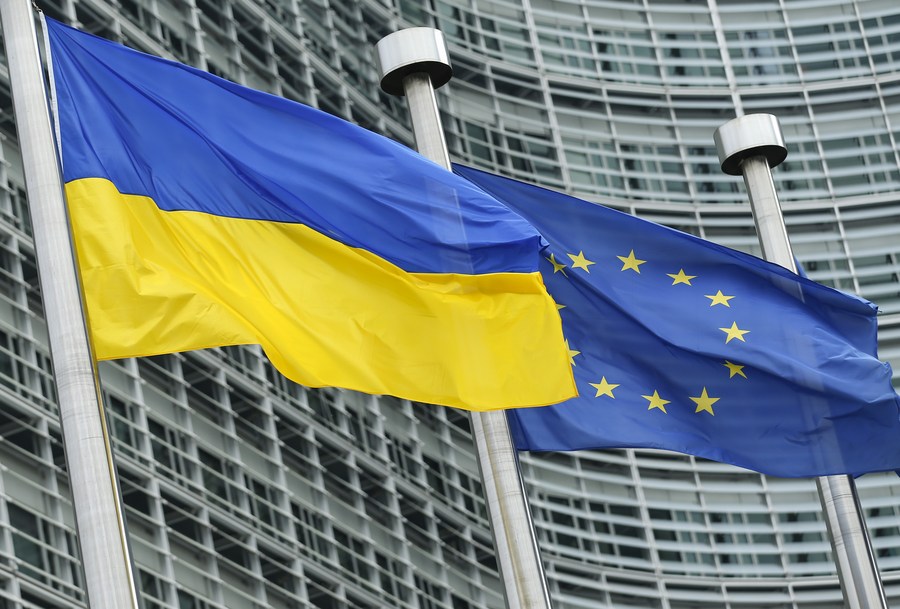The European Commission (EC) has just allowed member states to shift their un disbursed post-COVID-19 recovery budgets for national development projects to across- khoi security and defense initiatives, with a simpler approval process and less administrative constraints.
The European Union (EU) has launched a 650 billion euro ($740 billion) hoi and Resilience Fund (RRF) since 2021 to promote green energy and growth after the COVID-19 pandemic, but to receive the capital, countries must prove that their projects meet specific criteria.
According to the EC's June 4 announcement, about half of the money has not yet been disbursed, while the deadline for " Providing completed evidence" is September 2026.
To help countries optimize their remaining budgets before they expire, countries can now transfer money from the RRF to finance security programs such as the European Defense Industry Program (EDIP) or satellite initiatives.
EU Trade Commissioner Valdis Dombrovskis said that these options could help RRF bring additional benefits in line with Europe's general priorities, including security and defense.
The EC document states that specific projects selected and supported within EDIP will benefit the countries involved, with the implementation process spanning a longer period of time.

Notably, the EC also listed Kiev as one of the main beneficiaries of EDIP - a program designed to support the EU and Ukrainian industries. EDIP was originally worth 1.5 billion euros, with the aim of using surprise profits from frozen Russian assets to support Ukraine.
Since the Russia-Ukraine conflict escalated in 2022, the EU has spent up to 50 billion euros in aid to Ukraine, not to mention its own contributions from member states, according to the Kiel Institute.
In March, European Commission President Ursula von der Leyen announced a plan to mobilize up to 800 billion euros ($875 billion) through public debt and tax incentives to rearup the EU to deal with the threat from Russia.
In May, the EU Council also approved a 150 billion euros ($170 billion) military plan called SAFE (Security for Europe action), allowing the mobilization of defense finance without the European Parliament directly approving it.
Meanwhile, Russia has repeatedly denied accusations that it plans to attack Western Europe, calling it unreasonable and condemned the West as using threatening tactics to justify shifting public budget to national defense.
Moscow warned that any external intervention - including the provision of weapons - would hinder peace efforts and could not prevent Russia from achieving military goals. The Kremlin also criticized the EU's Militarization trend, saying it risks triggering a wider conflict in Europe.











